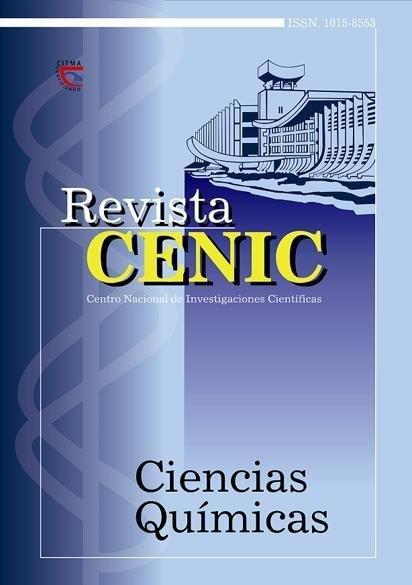Thermodynamic approach to the aging process of biological systems
Abstract
Aging process was considered from the thermodynamic point of view. This approach is based on the non linear theory of dynamic systems which permits to study the bio-systems beyond the classical scope and on dissipative structures. Several oscillating and chaotic chemical systems were studied using the ratc of entropy production as an extension of the thermodynamics of irreversible
processes to chemical systems far from the equilibrium. Calculations of rates of entropy production in human beings have confirmed the hypothesis that stable evolution of bio-systems may occur through a choatic dynamic state, Thus, periodic or quasiperiodic oscillations may emerge as a natural way and their can be postulated that aging process begins. The system becomes more sensitive to perturbations, increasing the damages and leading to degenerative diseases .

Downloads
Published
How to Cite
Issue
Section
License
Copyright (c) 2003 Copyright (c) 2003 Revista CENIC Ciencias Químicas

This work is licensed under a Creative Commons Attribution-NonCommercial-ShareAlike 4.0 International License.
Los autores que publican en esta revista están de acuerdo con los siguientes términos:
Los autores conservan los derechos de autor y garantizan a la revista el derecho de ser la primera publicación del trabajo al igual que licenciado bajo una Creative Commons Atribución-NoComercial-CompartirIgual 4.0 que permite a otros compartir el trabajo con un reconocimiento de la autoría del trabajo y la publicación inicial en esta revista.
Los autores pueden establecer por separado acuerdos adicionales para la distribución no exclusiva de la versión de la obra publicada en la revista (por ejemplo, situarlo en un repositorio institucional o publicarlo en un libro), con un reconocimiento de su publicación inicial en esta revista.
Se permite y se anima a los autores a difundir sus trabajos electrónicamente (por ejemplo, en repositorios institucionales o en su propio sitio web) antes y durante el proceso de envío, ya que puede dar lugar a intercambios productivos, así como a una citación más temprana y mayor de los trabajos publicados (Véase The Effect of Open Access) (en inglés).













